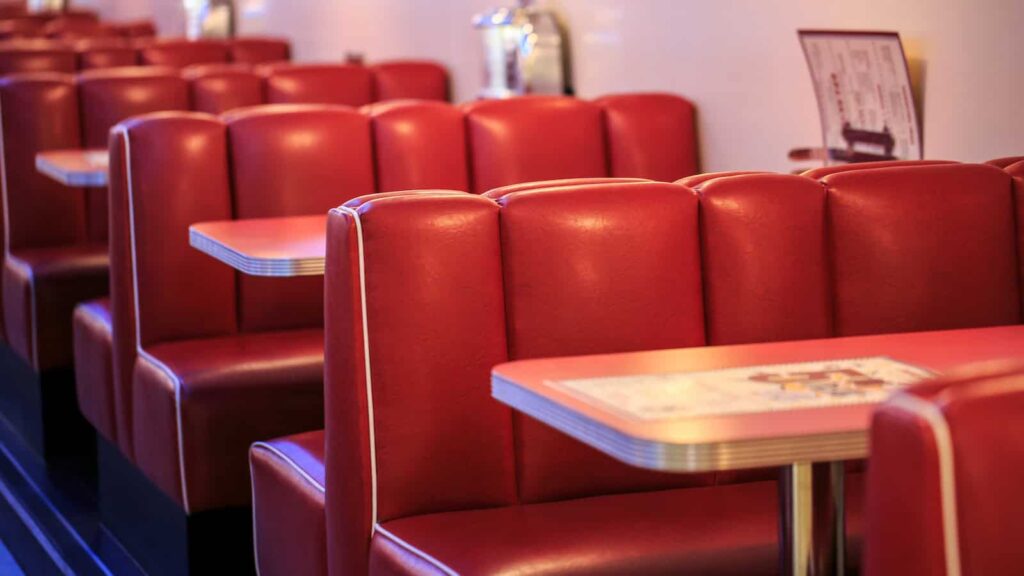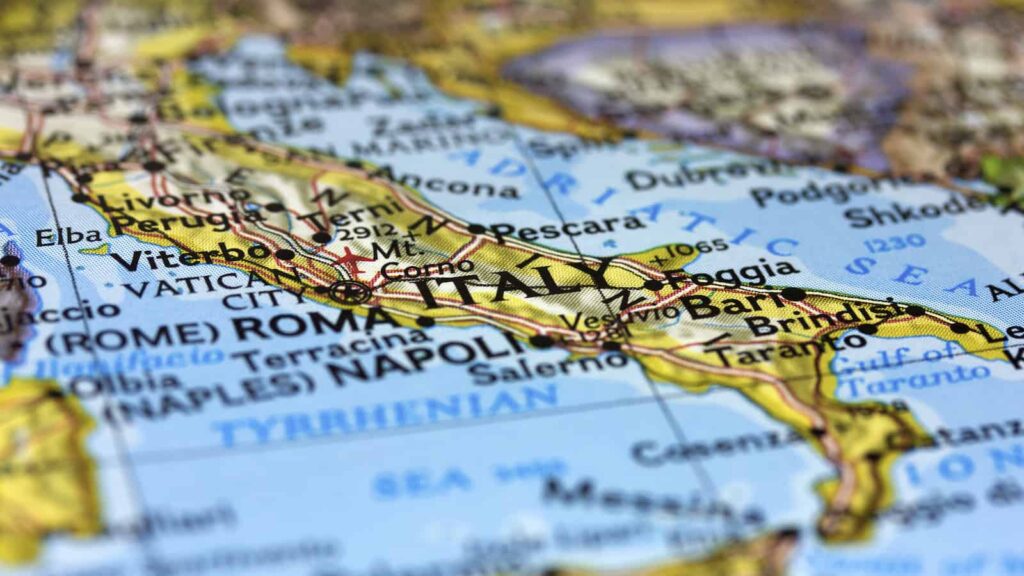13 Things Europeans Wish Americans Would Stop Doing When Visiting Their Countries
13 Things Europeans Wish Americans Would Stop Doing When Visiting Their Countries

Traveling is all about new experiences and showing respect to the place you’re visiting. Sometimes, without realizing it, Americans might do things that can seem odd or even rude in European countries. Here are 13 common things that might rub locals the wrong way, and some tips on how to be a more considerate visitor.
1. Calling everything Europe

Europe is a diverse continent, full of countries with their own unique cultures and identities. It can be annoying to Europeans when visitors lump their distinct countries together as simply “Europe.” For example, Belgium and France are neighbors but have distinct languages, culinary practices, and historical backgrounds. Recognizing these differences not only shows respect but also enriches your travel experience.
2. Asking ‘Do You Speak English?’ Before Anything Else

While many Europeans do speak English, starting a conversation with this question can come off as presumptuous. It’s better to begin with a greeting in the local language—even a simple “Hello” or the equivalent. This shows that you’re trying to respect the local culture, and you’ll find that people are generally more helpful and friendly in response.
3. Not Learning Basic Local Phrases

Learning a few key phrases in the local language can go a long way in showing respect and making connections. Simple words like “Please,” “Thank you,” and “Good morning” can open doors and bring smiles. It shows you appreciate the culture and are willing to make an effort, which is often appreciated by locals.
4. Leaving Huge Tips and Messing Up Local Norms

Tipping customs vary greatly across Europe. In many places, a service charge is already included in your bill, and leaving extra money can create awkward situations. It’s a good idea to do a quick check on local tipping etiquette to avoid over-tipping or under-tipping.
5. Trying to Customize Every Meal

In many European restaurants, dishes are crafted to deliver specific flavors and experiences. Constantly asking to modify dishes can be frowned upon. Trust the chef’s expertise and try the meal as it was intended—you might be pleasantly surprised by new tastes!
6. Getting Mad About Slow Service

Eating out in Europe is often viewed as an event to be savored, not rushed. Service might be slower than what you’re used to in the U.S., but this is normal. Relax, enjoy the atmosphere, and savor the opportunity to slow down and enjoy your meal.
7. Wearing Gym Clothes Everywhere

In fashion-conscious countries like France and Italy, wearing gym clothes outside of a workout setting can be seen as sloppy. Europeans often dress a bit more formally in public, so to blend in, you might want to leave the yoga pants and running shoes at the hotel.
8. Assuming Every Country Is the Same

Europe is rich with a variety of languages, cuisines, and traditions. Treating each country as unique and learning about what makes them special is key to enjoying your trip and respecting the locals. Remember, Spain isn’t Italy, and Germany isn’t Austria!
9. Expecting Free Water at Restaurants

In many European restaurants, water is not automatically brought to your table and is usually not free. Ordering a bottle of water is standard, and it’s something you’ll need to budget for when dining out.
10. Not Understanding the Metric System

Europe uses the metric system, which can be confusing if you’re not familiar with it. Knowing that temperatures, distances, weights, and volumes are all metric can save you from misunderstandings and help you better navigate your travels.
11. Freaking Out Over Small Portions

In many parts of Europe, meal portions are smaller than what Americans might be used to. Thisis normal and part of how local culture approaches dining—focusing on quality over quantity. Embrace it as part of the experience and enjoy the chance to maybe try multiple dishes.
12. Acting Shocked About How Old Everything Is

Europe has a long and rich history, with many buildings, artworks, and cities that predate the founding of the United States by centuries. Expressing shock at their age can sometimes come off as naive. Instead, appreciate the chance to connect with history in a way that’s not possible in younger countries.
13. Complaining That Shops Are Closed on Sundays

Many European countries take their rest seriously, and it’s common for shops to be closed on Sundays. Plan ahead for your shopping needs, and use Sunday to explore parks, museums, or simply relax like the locals.
Embracing these tips can make your visit more enjoyable and respectful, making sure you get the most out of your European adventure.
We are Mary and Eric, the founders of Be Right Back, a blog dedicated to romance around the globe and at home.
We are Mary and Eric, the founders of Be Right Back, a blog dedicated to romance around the globe and at home. With over 10 years of experience in dating and traveling to romantic places, we share our favorite date ideas and romantic destinations to help couples level up their relationships. Having lived in and traveled through the USA, we also share our favourite things to do in the States.
With 70,000 monthly readers and 16,000 followers on social media, Be Right Back is your go-to resource for romantic trip ideas and couple activities at home and abroad.
